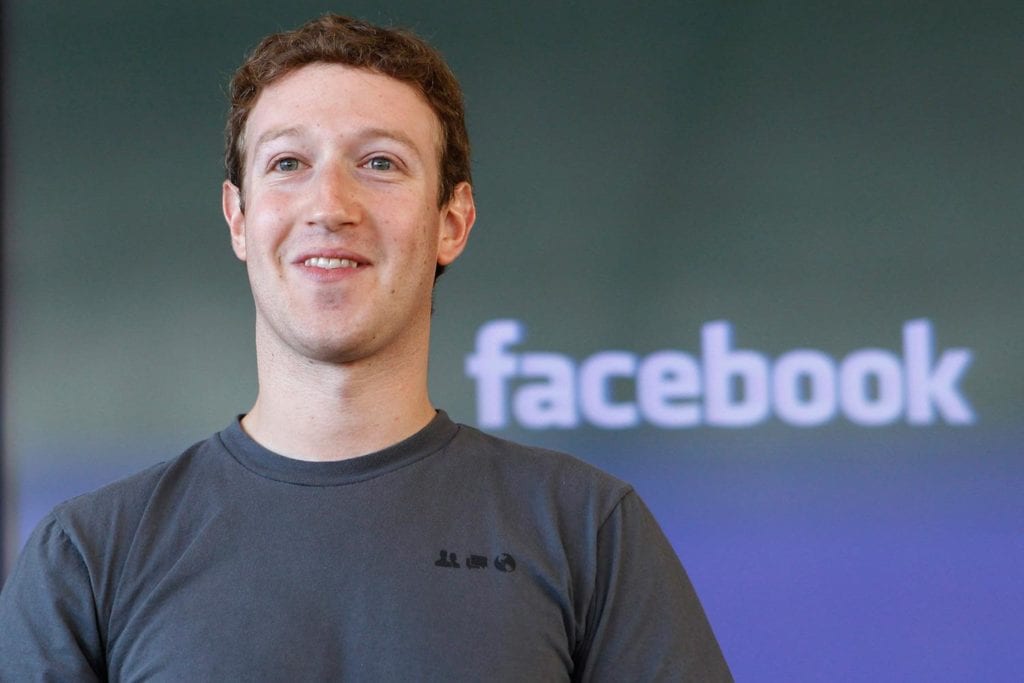
In a perfect PR world, every communicator's pitch results in a published story. Moreover, perfect-world journalists read every word of every press release. In addition, this nirvana features journalists who don't compete for stories, they cooperate. Pitches one outlet doesn't use are shared with others. In that perfect world, target audience members devour stories intended only for them.
True, the resulting news publications are weighty and social media newsfeeds will scroll for miles. But remember, we’re in a perfect world. Somehow, we’d be strong enough to haul around such publications and possess means to pay for them. Our brains and eyes would be powerful enough to consume epic amounts of content—the attention span of a goldfish no longer. Your mobile phone battery would be on 100% all the time.
Instead, though, we live in the present, where some worthy pitches never result in stories. Just 8 percent of pitches get coverage, per Propel.
A Perfect World in 2021
However, Facebook, a company that sometimes acts as if it’s in a perfect world of its own making, is offering a glimpse into the above-described journalistic nirvana.
In an unprecedented fit of cooperation, reporters who normally compete for stories are collaborating, at least a bit, to cover Facebook.
Seventeen media outlets in the U.S. and overseas are sharing the document trove of Frances Haugen, the former Facebook employee who blew the whistle recently.
As you likely know, Haugen gave the Wall Street Journal first crack at the documents. As a result, The Journal produced a series of stories, which led to Haugen’s “60 Minutes” segment and appearances before congressional committees. Today (Oct. 25) she's appearing before the UK Parliament.
'Journalistic Outlet Store'
For several weeks, those 17 news organizations went scouring though documents WSJ didn’t use. As result, Ms. Haugen essentially opened “the journalistic equivalent of an outlet store,” as the NYT’s Ben Smith put it. Reportedly Haugen's PR firm, Bryson Gillette, is, er, managing the store.
Smith tells us some reporters of the 17 outlets writing the Facebook Papers formed a Slack channel to exchange ideas and plans. With irony only journalists could muster, the Slack group allegedly is called “Apparently We’re a Consortium Now.”
Smith quotes journalists saying this is the most unusual arrangement they’ve ever been part of. It’s an unusual group, for sure. Members include writers from the Times, Washington Post, The Atlantic, The Verge, Fox and the Associated Press.
Several outlets outside the 17 are ticked. Some inside too. And at least one part of the Haugen team's PR plan didn’t work. The group was supposed to observe an embargo on stories until today. Yet a few stories leaked Friday (Oct. 22), CJR’s Jon Allsop notes. Several dealt with Facebook activities around Jan. 6. Many appeared this weekend.
PR Takeaways
The PR takeaways are many.
- PR pros advised Ms. Haugen well. One-thousand or so internal documents likely contain numerous stories. Offering them to one publication, even the WSJ, isn’t the best way to get myriad stories told. With a global entity like Facebook, distributing stories to worldwide media is a good move. Smith of the Times reports Haugen plans to provide documents to media and academics in the global South, India and the Middle East. However, note the arguments against such sharing. Maybe there's no such thing as a perfect PR world.
- Bad facts=bad acts. Facebook’s bad facts, as alleged in Haugen’s treasure chest of internal documents, indicate years of bad acts. When communicators are faced with this kind of evidence, the best strategy rarely includes denial, deceit and deflection. Certainly, sometimes bad facts soften. For example, you can appear on video paying for sex at a spa, deny it and still get off the hook. However, that's the exception, not the rule. Knowing this, the company behind Alec Baldwin's "Rust" film might want to re-think its response. Denying you were unaware of safety complaints prior to the fatal accident seems a bad route. This leads to our next takeaway…
What's Worse?
- Time for maxim busting? A maxim holds ‘The cover-up is worse than the crime.’ That’s usually true. However, if, for example, Facebook really knew how harmful Instagram is for teen girls, as Haugen’s documents allege, the crime’s pretty bad, too. Time will tell if we’ll need to amend the maxim. That said, Facebook’s en banc denial of the documents, their resulting stories and Haugen, per founder Mark Zuckerberg early this month and today, has only increased public and media fervor for the whole episode. Time will tell if the crimes are worse than Facebook’s denial, deflection and, at the outset, its hiding of Zuckerberg.
- Embargos were made to be broken. Enough said.
- Name calling isn't a very good response to bad facts (see below). And note the second tweet, apparently Facebook will decide who is part of the 'gotcha' campaign.
To those news organizations who would like to move beyond an orchestrated ‘gotcha’ campaign, we are ready to engage on the substance. - John Pinette, VP Communications
— Facebook Newsroom (@fbnewsroom) October 18, 2021
- There’s blood in the water, but…Facebook looks pretty bad at the moment. Yet the company remains hugely successful. For the most part, Wall St still likes it. As such, PR pros who use the Facebook channel professionally should not abandon it asap, but monitoring is necessary. On the other hand, it's prudent to have options. Moreover, for PR pros contemplating newsjacking Facebook's bad news, tread carefully. Not every evil stems from Facebook or even social media. Yes, newsjack, but do so carefully.
Seth Arenstein is editor of PRNEWS and Crisis Insider. Follow him @skarenstein
